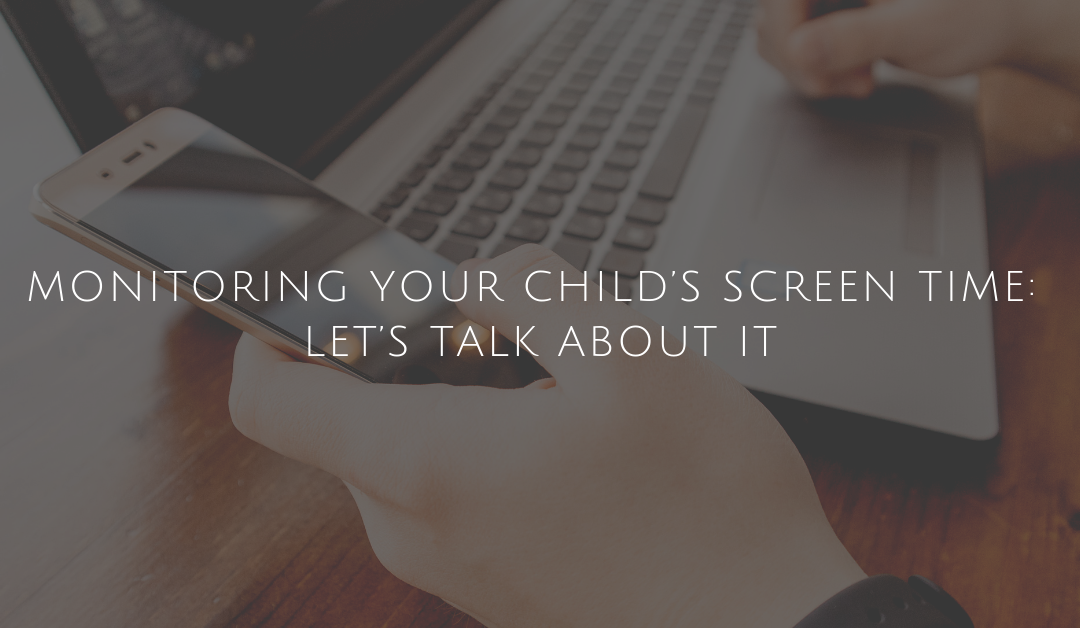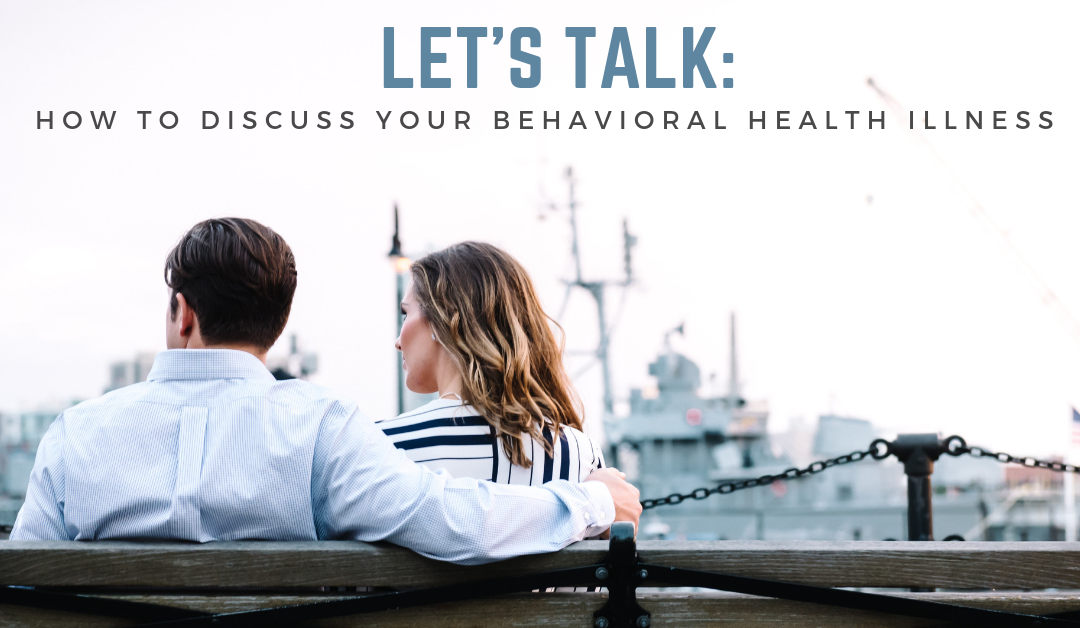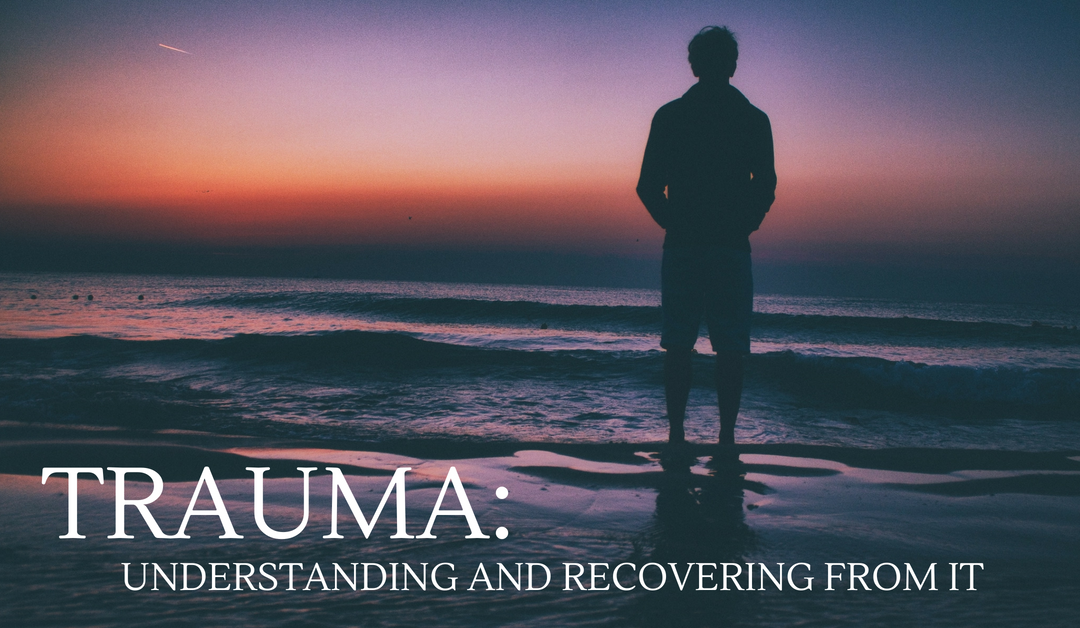
by Sara Hart | May 17, 2019 | Blog
It’s not easy knowing there are some aspects of life where we have limited or no control. And, learning how to accept life’s curveballs can be extremely difficult. Just know – feeling overwhelmed by these circumstances is completely understandable, and finding ways to help manage how you cope with these situations can lead you to live a happier, healthier life. Below are steps you can take to cope with things beyond your control.
Determine what you are able to control
When something happens that’s out of your control and it makes you uncomfortable, shift your focus to what you can control – your perception. A new, fresh perspective on various aspects of life can jolt us into a better mindset. You might not be in charge of a situation, but you can certainly dictate your own attitude, reaction and plan of action moving forward. A great way to start is by adopting positive behavioral habits, such as writing your feelings down on paper.
Focus on the present
Most anxieties come from things we can’t change (the past) or things we can’t predict (the future). Try to shift your mindset to focus on the present. Overthinking can be debilitating – use …

by Sara Hart | Mar 13, 2019 | Blog
Last month, a story in the media about a social media challenge directed at children and young adults, called the “Momo Challenge,” created unease in parents throughout the country. The challenge turned out to be a social media hoax and no reports of children participating in the challenge actually surfaced – but they were still aware of it and were discussing it among friends.
Several questions and concerns in parents arose from this internet scare. Do I have a firm understanding of what my child is actually viewing online? How do I successfully and healthily monitor my child’s social media and internet usage? Below, we offer a few tips on how parents can become more in touch with and supervise their child’s digital footprint.
Establish open lines of communication
It’s important to sit down with children to explain what’s out there and the harmful impact some online content can have on them. Don’t be afraid to have these hard conversations. Children experience fewer damaging effects when they’ve been taught basic media literacy skills.
Make technology use a privilege
Make it known that your children have to earn their screen time. This may be difficult for them to understand, but stay …

by Sara Hart | Dec 3, 2018 | Blog
The impending stress of the holiday season can bring about a mix of emotions, especially to those dealing with mental health challenges. We all could benefit from reminders about how valuable we are. Sometimes, we have to be the one to give that reminder. Always remember that you have the right to feel good about who you are, and there are steps you can take to feel better about yourself. Below, we offer tips on how to boost your own self-esteem this holiday season.
Think positive thoughts
One of the first steps in changing the way we feel is changing the way we think. Replace negative thoughts with positive ones and say them out loud or in your head with full confidence. Give yourself a reminder that you are enough, and make it a daily task to mentally accept both your strengths and your flaws. You might not feel immediate results, and that’s OK. Slowly and gradually, positive self-talk will begin improving your quality of life.
Do unto others
Once you start telling yourself you matter, let others know they matter! Showing kindness and compassion to others is rewarding. Make time to volunteer, spend time helping your family or simply …

by Sara Hart | Oct 5, 2018 | Blog
You’ve been diagnosed with a behavioral health illness. What do you tell people? How do you share? Who do you tell?
You may have mixed emotions over these questions, and that’s perfectly fine. Know that being scared is normal, and anticipating how friends, family, coworkers etc. will react to your diagnosis is natural.
The decision to openly talk about your diagnosis is a personal one, and you don’t have to share until you’re ready. Do realize, however, that you may never be 100 percent ready. Think about it – are we ever 100 percent ready to do anything that’s difficult in life? But, stepping out of your comfort zone, knowing you have people who are there for you and facing your fears head-on, will likely help you move forward in your journey toward recovery.
Below, we offer some advice to keep in mind when preparing to discuss a mental health diagnosis.
It’s just an illness.
It’s plain and simple. You live with it just like any other person with an illness – diabetes, for example – lives with it. And, just like any other illness, it can be managed and treated once identified.
Most people just need to be educated.…

by Sara Hart | Jun 22, 2018 | Blog
Trauma can come from various life instances, and the recovery process can look different for different people. For some, it takes a period of time to heal from trauma. For others, seeking professional treatment is necessary for recovery.
Everyday situations might trigger flashbacks, which may lead to feelings of anger, fear, anxiety, guilt or numbness. Coping skills and grounding techniques are used to work through past traumatic experiences, especially when a painful flashback from the event resurfaces.
Below, we offer tips on how you can begin taking steps towards recovering from a traumatic event.
Meditation
Meditation and mindfulness techniques can help you overcome the side effects from trauma. When first learning how to meditate, try using a guided meditation app. One such app is Insight Timer. Insight Timer offers free, guided meditations, meditation music and group discussion options.
Deep breathing
Increased respiration is one of your body’s fight-or-flight responses. During a moment of panic, focus on breathing in deeply through your nose and out through your mouth. Pay close attention to how your body reacts when talking or thinking about the traumatic event and identify coping skills that make your mind and body feel calm. Commonly used coping …





